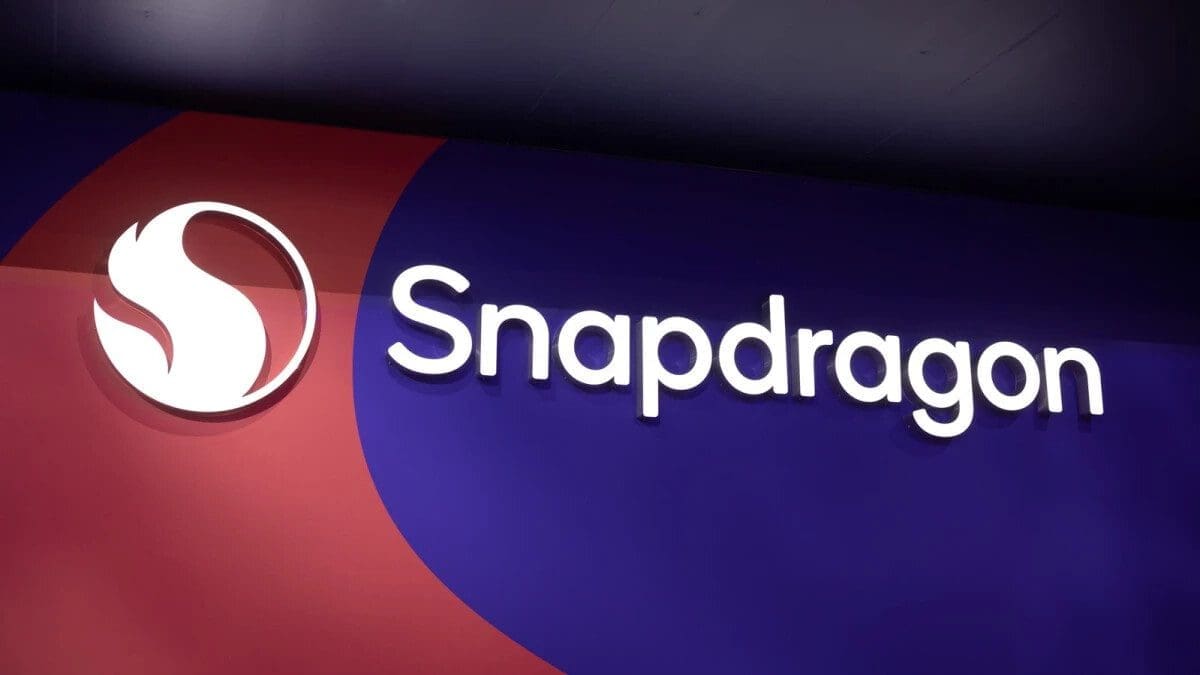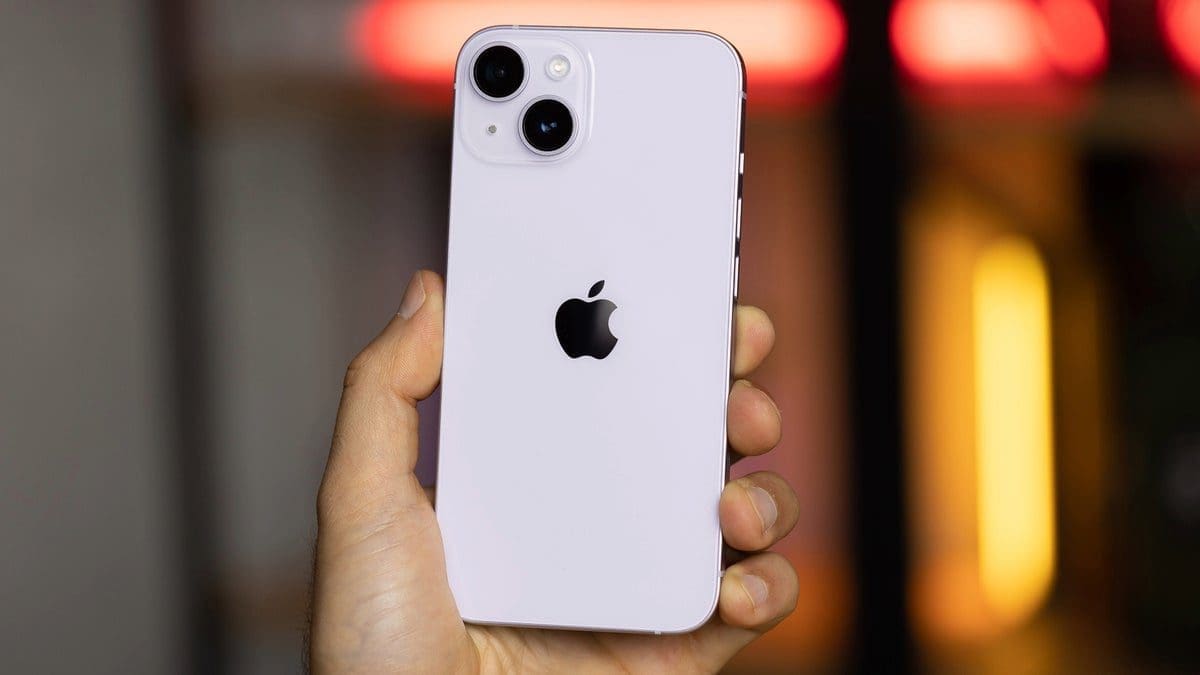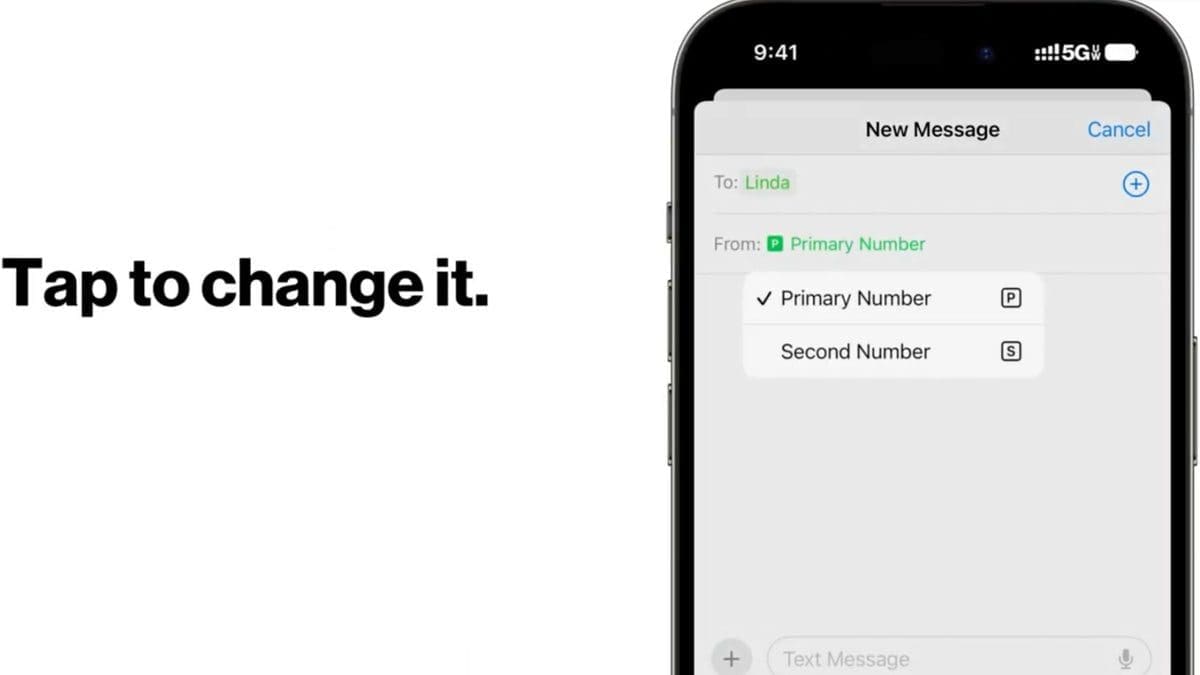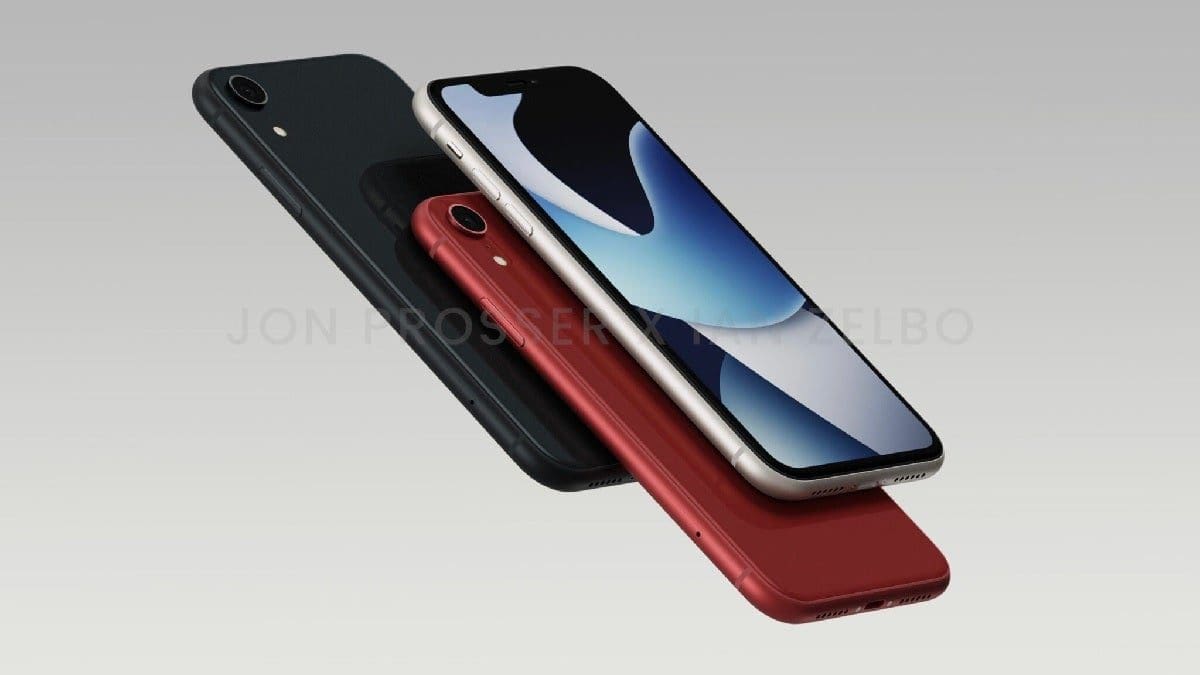Qualcomm and Iridium have announced the end of their partnership regarding Snapdragon Satellite. This decision will officially end the project, effective December 3rd, due to setbacks in generating any business. The satellite firm, Iridium, wrote in a press release that despite technical success, smartphone manufacturers have not included the technology in their devices. Snapdragon Satellite was meant to work with Iridum’s satellite constellation.
Samsung announced that their 2024 Galaxy phones will offer satellite connectivity, but what impact this development could have is still unclear. The end of the Qualcomm-Iridium partnership leads us to expect Android companies to lean towards standards-based solutions to create an alternative satellite-to-phone platform.
Iridium CEO Matt Desch spoke about the industry’s direction towards increased satellite connectivity in consumer devices and expressed disappointment over the immediate lack of success but remains hopeful for the future. Both Apple and MNOs and device manufacturers plan to offer expanded coverage and new satellite-based features, making it clear that increased satellite connectivity is the way forward.
As Qualcomm noted, they expect to continue collaborating with Iridium, focusing on standards-based solutions. In addition, they plan to discontinue efforts on the proprietary solution introduced earlier in the year due to these current circumstances leading to a preference towards standards-based solutions. This shift could pave the way for companies to collaborate and develop technology to allow Android handsets to offer emergency satellite connectivity. Offering an entirely new platform, this could introduce marked improvements to satellite connectivity in emergency situations.
Last year, it was Huawei that became the first phone manufacturer to offer satellite connectivity for emergencies, which included the new Mate 60 line allowing users to make satellite calls using the flagship phones. Comparatively, Apple’s technology for emergency satellite communications remains limited to text-based communications.









